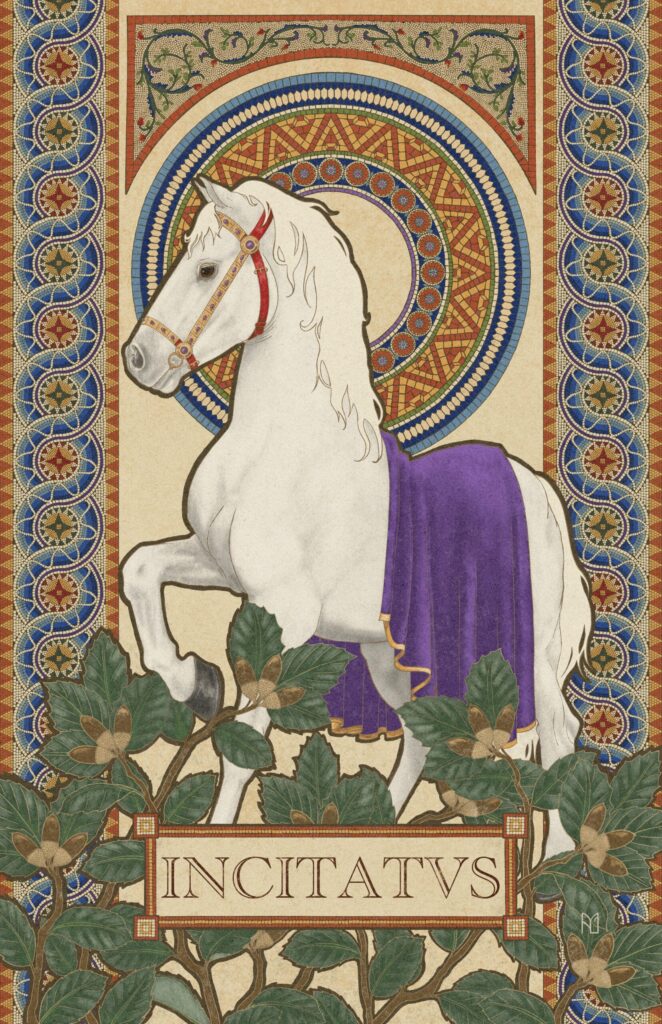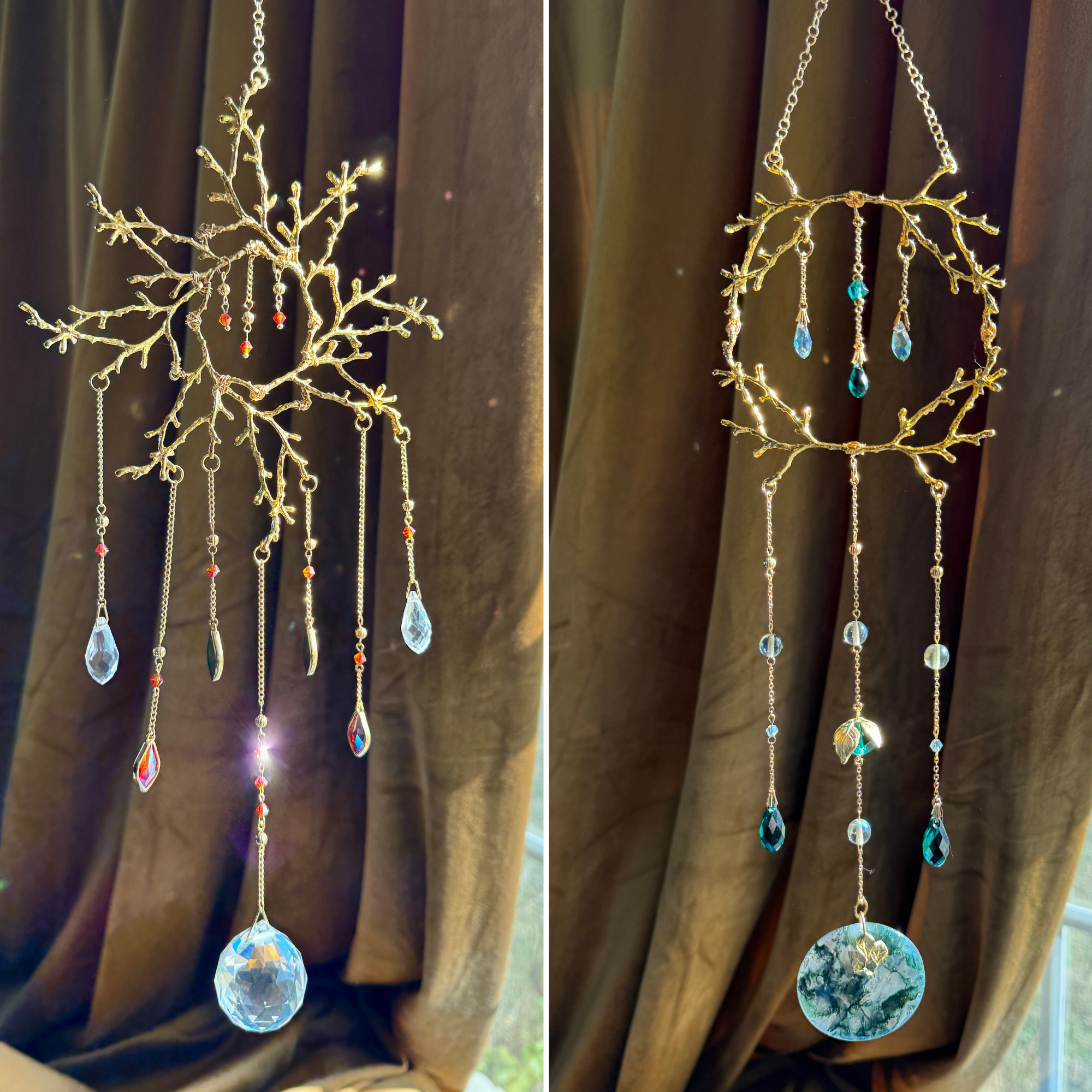
When most people hear the name they think of the ruler of Ancient Rome renowned for his cruelty and so insane he appointed his favorite horse to the senate. While this might not be inaccurate, more recently historians have been questioning some of the claims. The majority of these accounts were written well after his death and may have been an attempt to slander the previous ruler to give more credibility to those that came after him.
Caligula was born in 12 CE to the great general Germanicus and August Ceasar’s granddaughter Agrippina the Elder of the first ruling family in Rome. His full name was Gaius Ceasar Augustus Germanicus, but gained the nickname Caligula, meaning “little boot” or “little sandal” from his father’s soldiers. After political intrigue and ambition lead to the death of nearly every family member, Caligula succeeded his uncle Tiberius and became emperor, though he only ruled for 4 years before being assassinated by his own guard in a conspiracy to restore the Roman Republic, though instead Caligula’s uncle Claudius became emperor.
At the beginning of his reign, Caligula had a positive reputation, and was said to be fair, generous, and community minded. As his rule went on, his peers reported that he became increasingly extravagant, greedy, cruel, sadistic, paranoid, and insane. He allegedly was going to appoint his horse, Incitatus, as a consul on the Roman senate, one of the highest positions of the aristocracy, though modern scholars theorize that this may have been an exaggeration coming from something like a throwaway insult such as “My horse could make a better consul than you.”
Incitatus, meaning “swift” or “full gallop,” was said to lead an incredibly luxurious life. According to records, he had a full wing of the palace to himself, wore blankets of the royal color purple, and ate oats with gold leaf from an ivory manger. I chose mosaics for the border that resemble the square shaped tiles and patterns from early Roman palaces and bathhouses, and more Byzantine style ones for the border as a nod to Alphonse Mucha’s use of them in his Gemstone series and Whitman’s Chocolate box. Cork oak was an incredibly valuable wood in Rome and symbolized Jupiter, the Roman version of Zeus and greatest of the gods.
We’ll never know the real story of Caligula and Incitatus, but I hope this piece serves as a reminder that history is written by the victors, those who survived, and those who had the means to pass it on.
Note: The inspiration for this piece came from the name of the band Caligula’s Horse, which is an amazing progressive metal band that I highly recommend


Leave a Reply